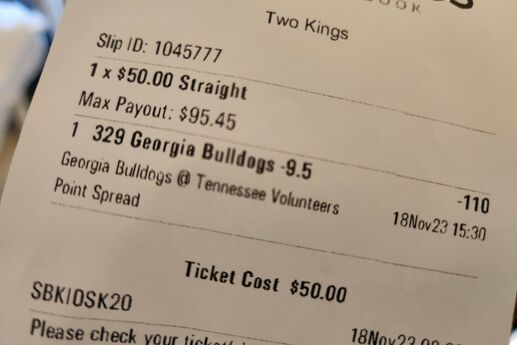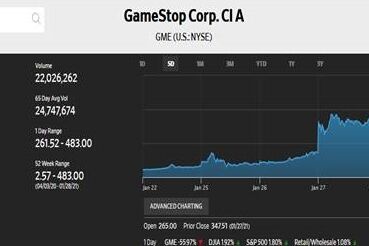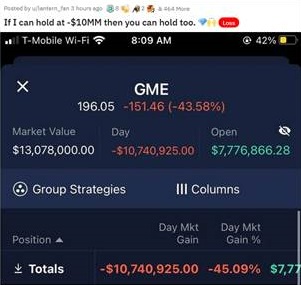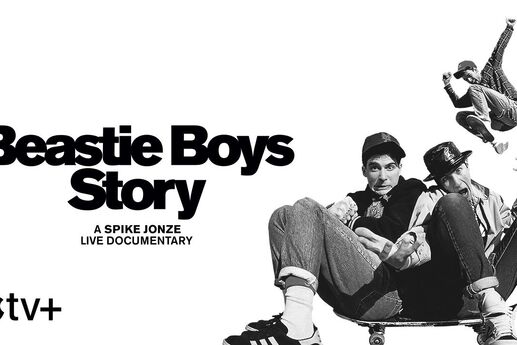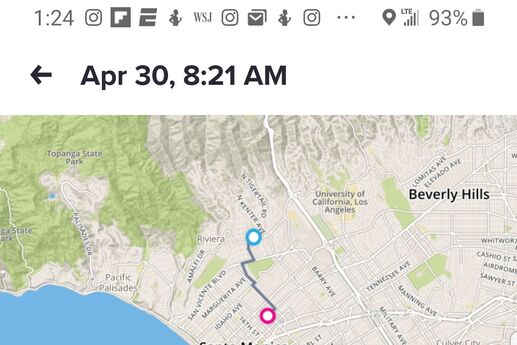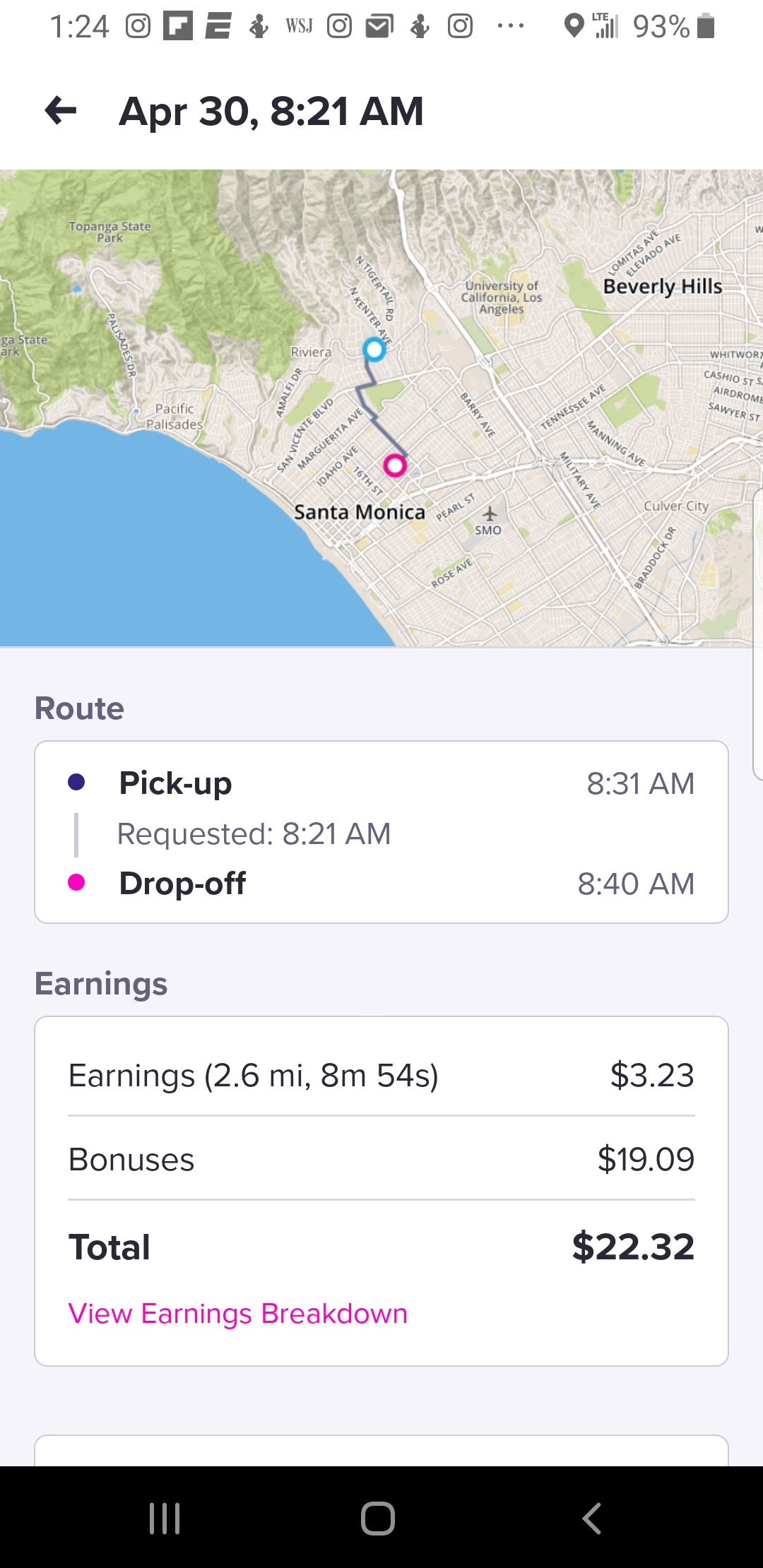A Beginner's Guide to Sports Betting: Navigating the Exciting World of Wagering
Introduction
Sports gambling has evolved from a niche activity to a global phenomenon, captivating the interest of millions worldwide. With the rise of online platforms and the legalization of sports betting in various regions, the accessibility and popularity of sports gambling have soared. If you're a newcomer eager to explore this exciting and exhilarating world, this guide is just for you. In this comprehensive overview, we'll delve into the basics of sports gambling, helping you understand the terminology, strategies, and responsible practices that will enhance your experience.
Understanding the Basics
-
Odds and Betting Lines: Before you embark on your sports gambling journey, it's crucial to grasp the concept of odds and betting lines. Odds represent the probability of a particular outcome occurring, and they come in different formats such as decimal, fractional, and moneyline. Betting lines, on the other hand, set the parameters for a wager, indicating the odds and potential payout.
-
Types of Bets: Sports gambling offers a diverse array of betting options, catering to different preferences and risk tolerances. Some common types of bets include:
- Moneyline bets: Betting on the outcome of a game without point spreads.
- Point spread bets: Wagering on a team to win or lose by a specific margin.
- Over/under bets: Predicting whether the total points scored in a game will be over or under a specified number.
- Proposition bets (prop bets): Betting on specific events within a game, like the first team to score or the number of goals in a soccer match.
Developing a Strategy
-
Bankroll Management: Successful sports gambling begins with effective bankroll management. Set aside a specific amount of money for your wagers – one that you can afford to lose. Divide your bankroll into units and avoid placing large bets that could deplete your funds quickly. This approach ensures you can weather losses and continue enjoying the excitement of sports betting.
-
Research and Analysis: Knowledge is power in sports gambling. Before placing a bet, conduct thorough research on the teams, players, and other relevant factors. Stay informed about injuries, team dynamics, and recent performance trends. Analyzing statistics and staying updated on news can give you a competitive edge when making informed decisions.
-
Focus on Specific Sports: While it's tempting to wager on a wide range of sports, focusing on a few can enhance your expertise. By specializing in specific sports, you can gain a deeper understanding of the teams, players, and dynamics, making your predictions more informed and accurate.
-
Stay Disciplined: Emotional reactions can cloud judgment and lead to impulsive decisions. Create a set of rules and stick to them. Avoid chasing losses by increasing your bet size, and don't get carried away after a big win. Discipline is key to long-term success in sports gambling.
Responsible Gambling Practices
-
Set Limits: Establish both winning and losing limits before you start gambling. Knowing when to stop, whether you're on a winning streak or facing losses, is crucial for maintaining control over your gambling activities.
-
Avoid Alcohol and Drugs: Substance use can impair judgment and lead to risky decisions. It's advisable to gamble with a clear mind to make informed choices and minimize the likelihood of making regrettable bets.
-
Know the Laws and Regulations: Become familiar with the legal aspects of sports gambling in your region. Understanding the laws and regulations ensures you engage in a legal and safe gambling experience.
-
Seek Help if Needed: If you ever feel that your gambling habits are becoming problematic, don't hesitate to seek help. Many organizations and helplines are dedicated to assisting individuals struggling with gambling addiction.
Navigating Online Platforms
-
Choose Reputable Platforms: Selecting a trustworthy online sportsbook is paramount to your gambling experience. Look for platforms with positive reviews, proper licenses, and a user-friendly interface. Avoid shady operators to protect your personal and financial information.
-
Bonuses and Promotions: Many online sportsbooks offer bonuses and promotions to attract new users. While these can be enticing, it's essential to read the terms and conditions carefully. Some bonuses may come with wagering requirements that need to be met before you can withdraw winnings.
-
Mobile Betting: The convenience of mobile betting allows you to place wagers anytime, anywhere. Ensure the sportsbook you choose has a reliable mobile app or a mobile-friendly website for seamless on-the-go gambling.
Conclusion
Embarking on a journey into the world of sports gambling can be both thrilling and rewarding, provided you approach it with the right mindset and strategies. Understanding the basics of odds, types of bets, and developing a solid strategy are fundamental to success. Remember to prioritize responsible gambling practices, stay disciplined, and enjoy the experience within your means. With this guide in hand, you're equipped to navigate the dynamic landscape of sports gambling as a beginner, making informed decisions and savoring the excitement of the games you love.


